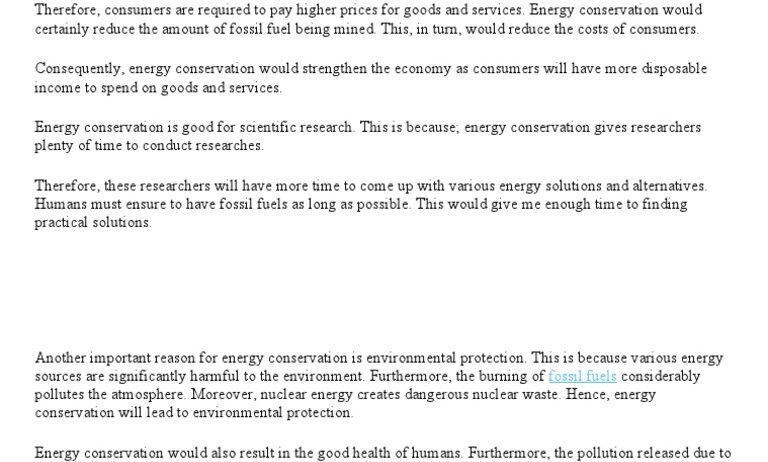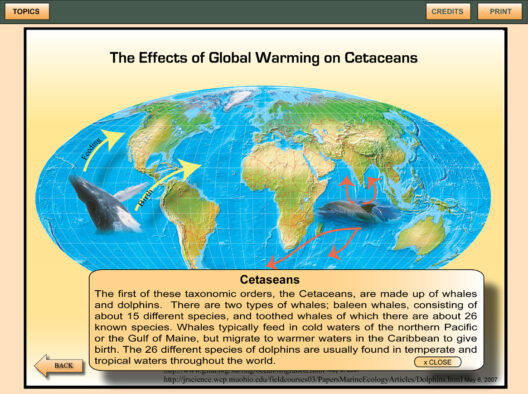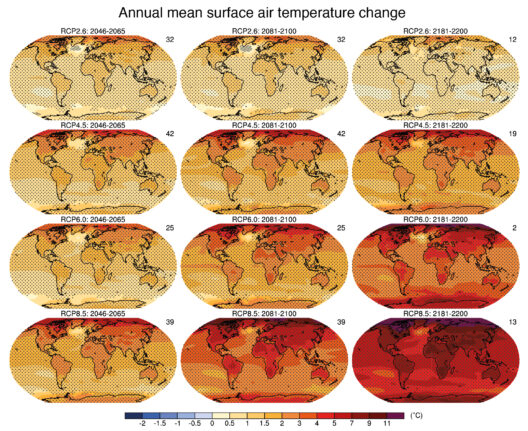Energy conservation, often overshadowed by the more glamorous narratives surrounding renewable energy sources, warrants a profound examination. The simple act of conserving energy has far-reaching implications that transcend individual actions and bubble up to societal and planetary health. As we delve deeper into the nexus between energy conservation and environmental wellbeing, a transformative perspective emerges—one that compels us to rethink our consumption paradigms.
At its core, energy conservation involves utilizing less energy to perform the same task, thereby minimizing waste and fostering efficiency. This practice is not merely an act of individual responsibility; it is a catalyst for systemic change. By embracing energy conservation, we mitigate the detrimental impacts associated with energy production, particularly from fossil fuels, which dominate the global energy landscape. The combustion of fossil fuels releases a pernicious cocktail of greenhouse gases, contributing significantly to climate change and its accompanying adversities.
The deleterious effects of climate change are unequivocal. From erratic weather patterns and devastating storms to droughts disrupting agricultural production, the ramifications are both immediate and long-term. These phenomena not only compromise the integrity of ecosystems but also jeopardize human health. Air quality declines, leading to respiratory illnesses, while rising temperatures exacerbate the spread of vector-borne diseases. Therefore, energy conservation emerges as a formidable ally in the quest for a healthier planet.
Moreover, energy conservation methodologies promote a more judicious and equitable distribution of resources. By reducing consumption, we diminish the demand for energy production, which often leads to environmental degradation. The extraction processes of fossil fuels—whether coal, oil, or natural gas—are notoriously intrusive, often resulting in habitat destruction, water contamination, and biodiversity loss. The less energy we require, the fewer resources consumed and the less impact on our ecological balance.
One of the promising dimensions of energy conservation is its intrinsic role in fostering sustainability. Sustainable practices emphasize long-term viability, nurturing an equilibrium between human needs and environmental stewardship. Conserving energy paves the way for adopting renewable energy sources, which are far less taxing on the Earth’s resources. This symbiotic relationship between conservation and sustainability informs future generations about the merit of a conscientious lifestyle. It fosters an awakening of sorts, urging consumers to adopt practices that reflect a commitment to the planet.
Consider the implications of energy conservation on urban planning and infrastructure development. Cities around the globe are grappling with the dual challenges of burgeoning populations and limited resources. Implementing energy-efficient technologies in buildings—including insulation, natural lighting, and energy-efficient appliances—can significantly lower energy consumption. This not only ameliorates urban heat islands—a phenomenon that exacerbates local climates—but also contributes to enhanced air quality. The interplay between energy conservation and urban design signifies a paradigm shift; we can cultivate built environments that are as harmonious with nature as they are with the needs of urban dwellers.
Furthermore, the economic advantages of energy conservation cannot be understated. Lower energy consumption results in reduced utility bills for households and businesses alike. These savings can be reinvested into other areas, stimulating local economies and promoting innovative industries such as energy efficiency technologies. The ripple effect is tangible—decreased energy demand leads to reduced reliance on electricity produced from coal-fired power plants, which are among the leading contributors to environmental harm. The result? A win-win scenario where both economic and environmental prosperity can flourish simultaneously.
Awareness plays a pivotal role in advancing energy conservation practices. Educational initiatives that elucidate the importance of energy conservation can mobilize communities. Understanding the significant impact of small, individual actions creates a powerful collective potential. Encouraging grassroots movements that promote energy efficiency—such as community workshops on home energy audits—can spark curiosity and galvanize action among individuals who may feel powerless in the face of climate change. It reinforces the notion that every small effort counts in the grand scheme of environmental protection.
In the broader context of global interconnectivity, energy conservation holds the potential to unify disparate communities around a shared goal. Nations face exacerbated environmental challenges that require collaborative solutions. When countries adopt rigorous energy conservation policies, they not only seek to improve their domestic well-being but also contribute to global efforts to stabilize the climate. This interconnectedness fosters international partnerships and shared technological advancements that further catalyze progress toward sustainable energy practices.
An emphasis on energy conservation also creates an important dialogue about equity in energy access. The notion of “energy poverty,” where certain demographics lack reliable access to energy resources, raises questions about justice and equity. By promoting energy efficiency and conservation, there exists a pathway to democratize energy access, ensuring that all individuals, regardless of socioeconomic status, can benefit from sustainable energy practices. This is not merely a wish for equality; it is imperative for building a resilient and inclusive society.
Altogether, energy conservation encapsulates a multitude of benefits that extend well beyond mere resource savings. It represents a holistic approach to environmental stewardship—one that engages individual actions, economic benefits, and social justice. By fostering an ethos of conservation, we not only combat climate change but also galvanize communities to embrace sustainable practices that can pivot us toward a healthier environment. As we elevate the discourse around energy conservation, we invite curiosity and inspire a collective commitment to safeguarding our planet for generations to come.







